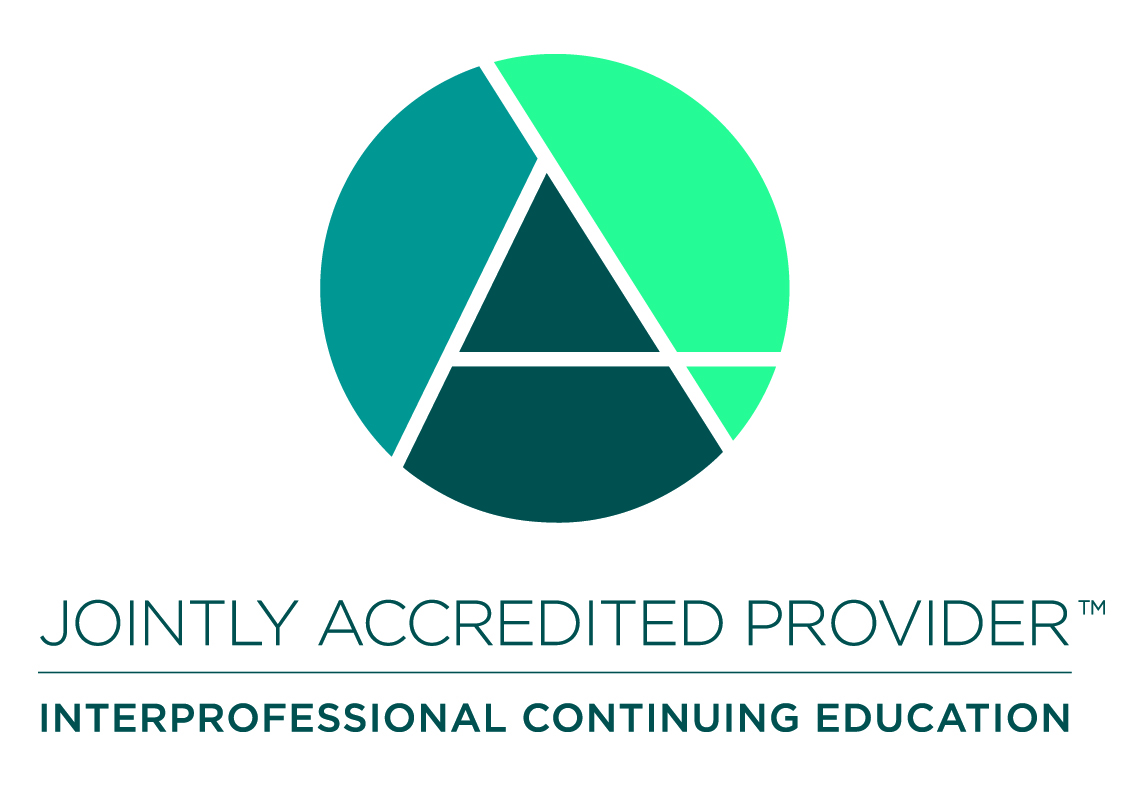
0250_SHSO_Relationship Centered Care_Live - MPMG - MPD Series
Empathy in healthcare settings has been consistently linked to improved patient health outcomes (Surchat et al., 2022). Yet clinicians do not consistently apply empathy, which includes affective, cognitive, and behavioral components, to help ease fears and worries and build trust with their patients and families. This educational activity is designed to support Physicians, Physician's Assistants, Nurse Midwives, and Nurse Practitioners who work together, as a team, in the ambulatory and acute care setting to improve the patient experience through the demonstration of competencies in utilizing empathy-promoting communication strategies.
The Relationship Centered Care Program consists of three separate workshops designed to enhance the healthcare clinical providers skill set using the techniques listed here during their encounters with their patients and families:
• Expressing empathy, compassion, trust, and relationship building and making lasting personal connections with patients
• Use of agenda setting and finding out what matters most to meet the patient and family’s needs
• Engage the patient and family as a partner and supporting patient self-care
• Assess cultural beliefs about health to meet the unique needs of diverse patient and family populations
• Providing information in a clear and respectful way to ensure understanding
• Managing difficult encounters and resistance in a way that supports open communication and patient autonomy
Educational components include 1:1 performance observation, feedback, and coaching to build provider skill capability through evidence-based tool application to express empathy, compassion, rapidly build trust, make connections with patients and patient care givers, set agendas in order to meet the needs of the patient and family during the encounter, and engage them as a partner in self-care management support.
Target Audience
Nurse Practitioner (NP)
Physicians (MD or DO)
Physician Assistant (PA)
Learning Objectives
After attending this course learners will be able to:
1. Define sympathy, empathy and compassion. Describe the clinical benefits and outcomes of compassion and compassionate behaviors. Describe the 7 steps of the golden minute.
2. Describe the 6 steps of agenda setting.
3. Describe the importance of health literacy and state 3 health literate communication practices. Describe ways to effectively narrate care both while using the computer and during the physical exam. Describe when to assess cultural health beliefs. State questions to elicit "what matters most" to patients and families. Describe how to develop care plans based on patient-centered goals. Explain how to use "importance" and "confidence" scales to assess a patient's readiness for change. Demonstrate the skills of "ask-tell-ask" and teach-back. Identify important elements of the end-of-visit wrap-up.

Disclosure of Financial or In-Kind Commercial Support & Conflict of Interest
No one involved in the planning or presentation of this educational activity have any relevant financial relationship(s) to disclose with ineligible companies whose primary business is producing, marketing, selling, re-selling, or distributing healthcare products used by or on patients. No financial or in-kind commercial support was received to produce or promote this educational activity.
– Provider Designee/Verification: Kerri Maya, MSL, RN
Accreditation

In support of improving patient care, Sutter Health, is jointly accredited by the Accreditation Council for Continuing Medical Education (ACCME), the Accreditation Council for Pharmacy Education (ACPE), and the American Nurses Credentialing Center (ANCC), to provide continuing education for the healthcare team.
Credit Designation Statement
Sutter Health designates this LIVE activity for a maximum of 8.75 AMA PRA Category 1 Credits™ for physicians, 8.75 continuing professional development contact hours for nurses. Learners should claim only the credit commensurate with the extent of their participation in the activity.
Note to Other Disciplines: AMA PRA Category 1 Credits HOURS™ Continuing Medical Education is acceptable for meeting the continuing education requirements for Pharmacists, Physician Assistants, Psychologists, Registered Nurses, and Respiratory Care Practitioners. For other disciplines, please check with the regulatory board for your discipline to confirm what type of credits meet the continuing education requirements. Continuing education hours for nurses accredited by ANCC, via Joint Accreditation.
Attendance & Credit Claiming
Please complete the Attendance Attestation to confirm which three RC2 session you have attended.

 Facebook
Facebook X
X LinkedIn
LinkedIn Forward
Forward